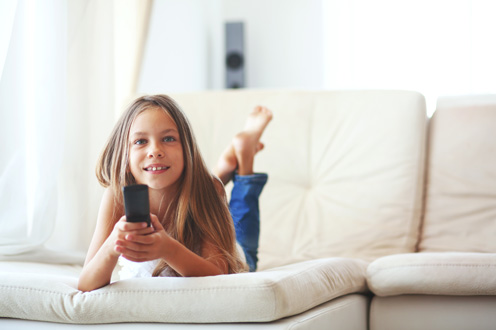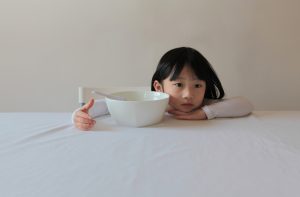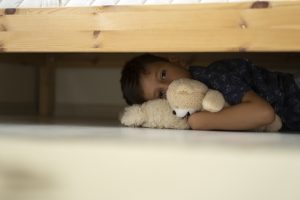How to Know if Your Child Is Ready to Stay Home Alone

Your son or daughter may be twelve going on twenty some days, but does that really mean they’re ready to stay home alone in the house? Leaving the kids unaccompanied for a couple of hours may seem daunting at first, but it needn’t be a remake of Home Alone. With the right preparation it can actually be a positive experience that teaches your child to be safe, confident, and ready for this new phase of responsibility.
Here are some steps to follow when thinking about letting your child stay home alone for the first time.
- First, ask your child about their comfort level being alone at home. It’s important to involve them in the decision so your child knows that their opinion is valued.
- Ask yourself if they have the mental ability to react to an emergency like a fire. However mature your son or daughter appears to you, it’s important not to overestimate their capacity to react to urgent situations.
- Can you trust your child to follow instructions when you’re not around? If they stop doing their homework the minute you’re out of sight it’s unlikely they are going to follow orders when you’re absent for an hour or two. Be sure you can trust them to cooperate before you decide to leave them alone.
- It should be a progressive process. Start with small outings like a trip to the store or a run around the neighbourhood to build up your child’s confidence in being home alone.
- The Canada Safety Council (CSC) recommends age 10 as a minimum for being left alone and advises that children under 12 should not be left in charge of their siblings.
- The CSC website says that 2 hours is acceptable for ages 10-12, up to 5 hours may be acceptable for 13-14 year olds and for 15-16 year olds it may be possible to leave them for a whole day, as long as the parent is contactable by phone.
- Although the Child Welfare Act suggests that Manitoba and New Brunswick kids under 12 cannot be left alone, all other provinces do not have a mandated age when kids can be left alone.
Here’s how to prepare your child to stay home alone:
- Have a plan in place in case of an emergency.
- Make sure they know how to dial 911.
- Explain where you’re going and for how long you’ll be gone.
- If you are not reachable, ensure a close neighbour or relative is available if your child needs to reach out to an adult.
- Tell them not to answer the door, if the phone rings tell the person calling that their mom or dad is in the shower or unavailable.
- You should have a no cooking rule in effect—young kids cannot be trusted to operate a stove without adult supervision.
- Send your child on one of the many courses that prepare kids for looking after themselves.
- Home Alone workshops teach 9-12 year olds skills through interactive lessons and role play. Kid Proof is offered in libraries, daycare centres, youth centres, and many other facilities.
- Canada Safety Council Offers a Home Alone program for kids age 10 and up which includes instructor-led demonstrations to teach the necessary skills to help prevent problems and be safe.
- Other stay home alone safety courses are offered across Canada by St. John Ambulance, Red Cross, Child Safe Canada, and more














